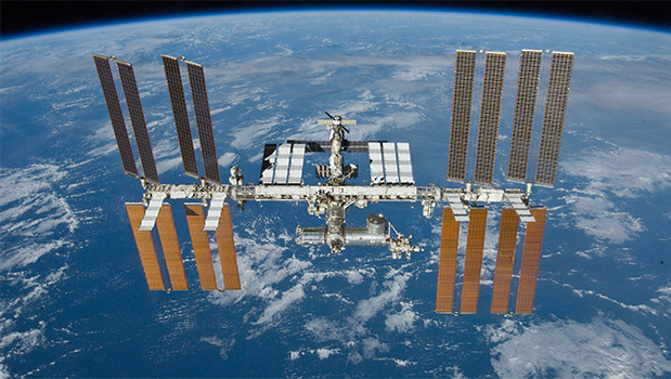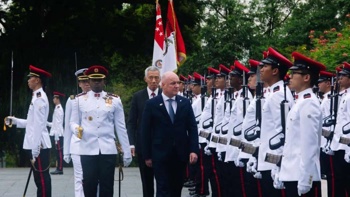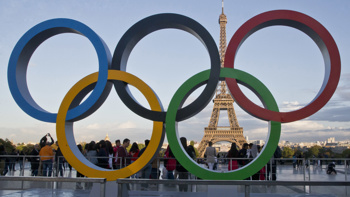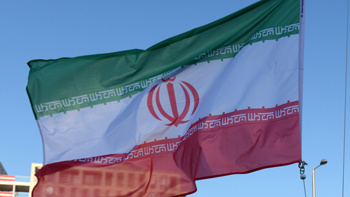
A Russian Soyuz spacecraft carrying Italy's first female astronaut has blasted off to begin its journey to the International Space Station.
Samantha Cristoforetti was joined by Russian cosmonaut Anton Shkaplerov and American astronaut Terry Virts as the Soyuz TMA-15M spacecraft launched from Russia's Baikonur Cosmodrome in Kazakhstan at 2101 GMT, the Russian space agency Roscosmos said in a statement.
"Soyuz safely in orbit, next stop ISS," NASA wrote in a tweet, while live images of the launch showed Virts giving the thumbs up and smiling.
Cristoforetti, Virts and Shkaplerov were to dock around six hours after taking off at the space station where they are to live until May 2015.
Their voyage also mean substantial food supplies, with nearly half a kilo of caviar in their baggage and an espresso machine.
"There will be 15 boxes of 30 grams each of caviar, but also apples, oranges, tomatoes and 140 doses of freeze dried milk and black tea without sugar," a space station official was quoted as saying by Russian press agency TASS.
Astronauts on the station will also finally be able to enjoy a decent brew thanks to the 20kg machine designed by famed Italian coffee makers Lavazza and engineering firm Argotec, which specialises in making space food.
Cristoforetti, 37, who is also a captain in the Italian airforce, "will be not only the first female astronaut from Italy to go into space, but also the very first astronaut in the history of the conquest of space to savour an authentic Italian espresso in orbit", the two companies said in a statement.
In total 16 countries work on the ISS, including Russia and the United States, which finance most of its operation. A team of astronauts is always aboard, with stays of up to six months.
NASA depends entirely on Russia to send its astronauts to the ISS, which costs the US $US70 million per person in Soyuz rockets.
Take your Radio, Podcasts and Music with you









